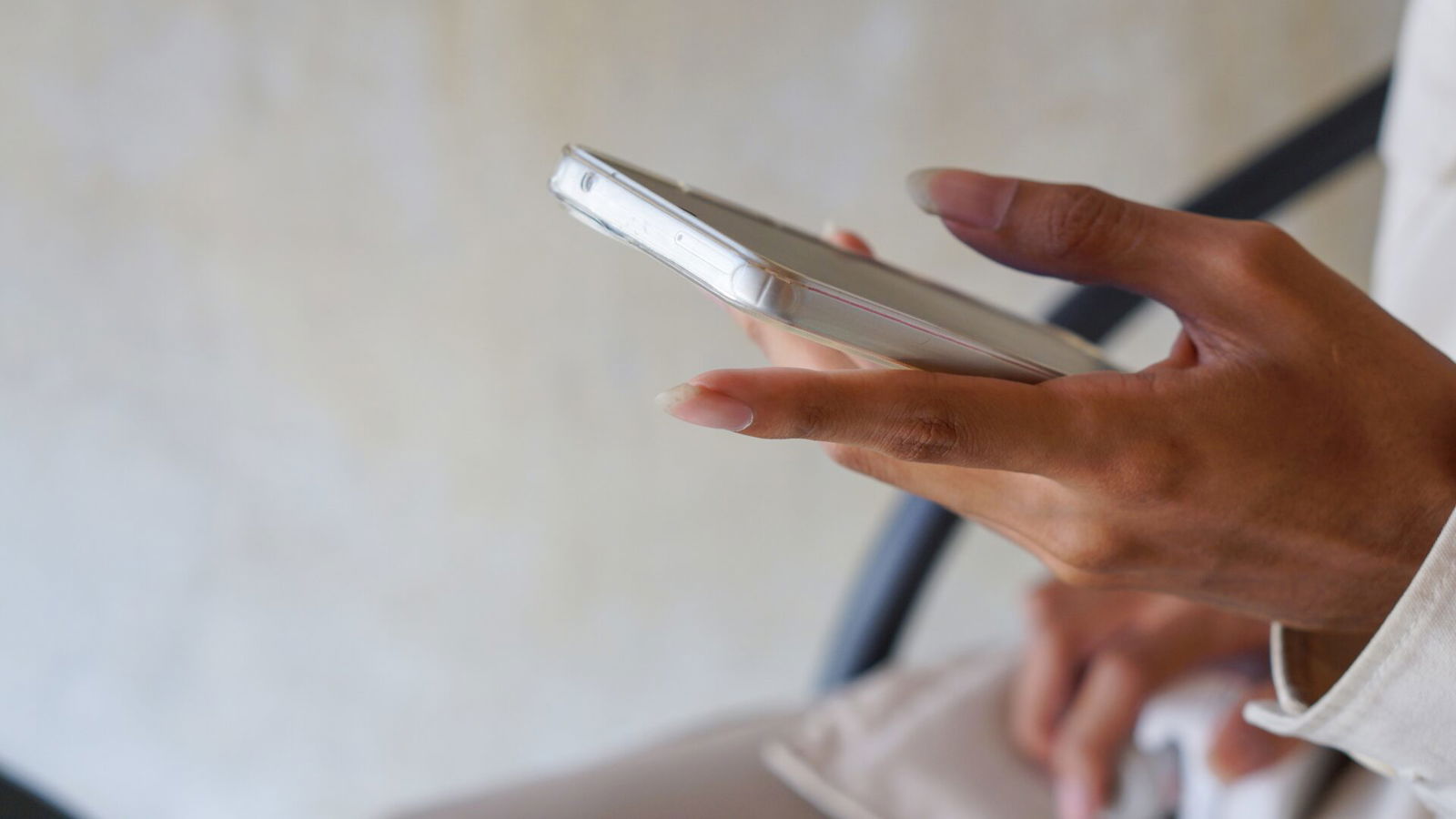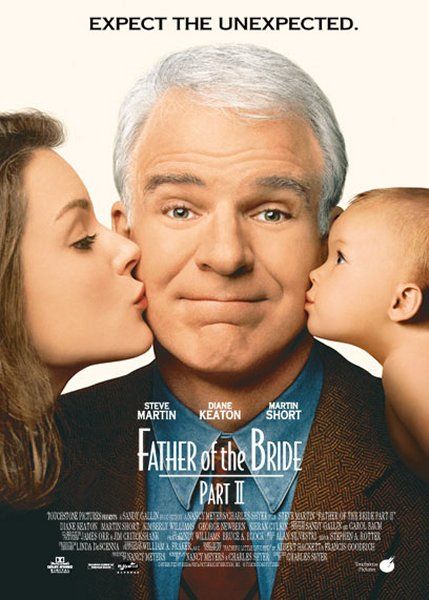
By Kayla DeKraker
A new survey finds that Gen Z relies more on the internet for medical advice than doctors — and often regrets it.
“Not only are younger generations more susceptible to being influenced by people without formal medical training, nearly six in ten regret at least one health decision that they made based on health misinformation, which is most likely to come from user generated content, independent creators, or peers,” the study of over 16,000 participants between 18 and 34 by Edelman found.
Assistant professor of psychology at the University of Virginia Stefanie Sequeira explained that young people searching for their own answers isn’t necessarily a bad thing.
“When we think back to movies about teens in the ’80s and ’90s, so much of it is about teens kind of rejecting authority and challenging the establishment,” she said. “I think it’s encouraging to some extent to see teens questioning what they’re being told in different spaces and questioning established norms.”
Related: ‘It Is Toxic’: Gen Z Leave Major Social Media Platforms
While Sequeria believes that questioning things is a normal part of development, she emphasized that it does make people vulnerable to the wrong influences.
“We know developmentally, adolescents are really tasked with figuring out who they are, developing a unique identity separate from their parents and families in the context of these peer groups that they are entering,” she said. “They’re really susceptible to peer influence. We know that there’s increased brain responsivity to peer feedback during this time.”
Social media does not help this situation. If anything, it adds to it.
“And it’s just this whole new realm of social status that youth can use to evaluate themselves and evaluate other people. And youth are professionalizing this. You can amass hundreds of thousands or even millions of followers and make a career out of that. And many youths are doing that,” Sequeria explained.
Social media use is nearly ubiquitous with younger generations.
A study found that “Up to 95% of youth ages 13–17 report using a social media platform, with more than a third saying they use social media ‘almost constantly.'” Due to the abundance of time young people spend online, it isn’t necessarily surprising that they’d find medical advice there.
So what is the solution to this problem? The first step could be limiting time on social media.
One study found that doing so can not only better your health, but it can also better your mental state. The American Psychological Association reported a “significantly higher positive affect and significantly lower levels of anxiety, depression, loneliness, and fear of missing out.”
Overall, limiting social media has many benefits, including eliminating the negative or potentially harmful influences and focusing on the right ones instead.
Read Next: 5 Signs You’re Addicted to Social Media and How to Fight It
Questions or comments? Please write to us here.


 - Content:
- Content: 

